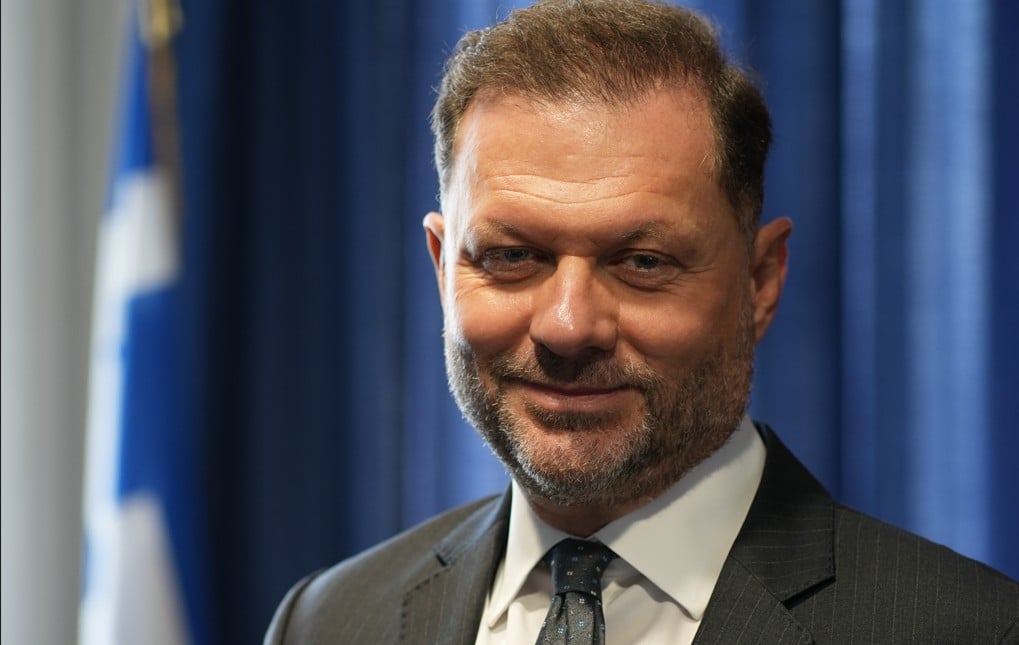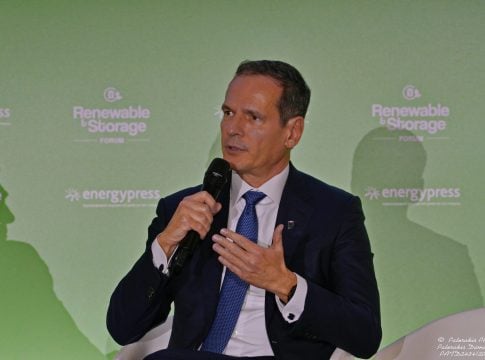Greece, like the other member states of the European Union, is awaiting the details of the Commission’s proposal to exempt defense investments from the spending limit of the new Stability Pact by activating the escape clause.
Athens stated, through the Minister of National Economy and Finance, Kostis Hatzidakis, that Greece supports Von der Leyen’s position in principle, but under one inviolable condition: that the escape clause will not only concern countries that have defense spending of 0.5% or 1%, in order to facilitate them in meeting the NATO spending limit. But also countries like Greece, which are forced to spend a percentage higher than this limit on defense.
Regardless of the decisions that will be taken at the European level on defense spending, the economic staff clarified that any additional flexibility will be used to support the Armed Forces, but also to further substantially reduce taxes for consistent taxpayers.
“The necessary fiscal flexibility for defense reasons should always be combined with fiscal prudence. Because, regardless of any European fiscal rules, the markets will always be here and will judge our fiscal policy with severity. Excesses, as the past decade has shown, are paid first of all by employees and pensioners,” pointed out Kostis Hatzidakis.
Much will depend on the final data on the primary surplus in 2024 as will be reflected by Eurostat in April. Based on last year’s budget execution data, the 2024 primary surplus appears to have closed around 3% of GDP, compared to a forecast of 2.5%. This figure appears to facilitate the government to proceed with its plans for new reductions in income tax.
Eurogroup and Ecofin
As for the activation of the escape clause for defense investments, the issue is expected to be raised by the finance ministers at the Eurogroup and Ecofin meetings on March 10 and 11 in Brussels. The 27 leaders will take the lead on March 20, when the Summit will be held in the Belgian capital. The Commission will also present the long-awaited White Paper on Defense.
It is likely that various issues that concern the Greek side will also be clarified, such as:
· The type of expenses that will incur while activating the escape clause for defense investments.
· Clarifications over the increase in defense spending that should be done in a controlled manner and under conditions.
· The excess will only be justified for additional defense spending or other types of spending in case the defense spending limit has already been met.
The Polish presidency aims to have final decisions taken by May.
Defense spending
NATO members had committed to spending at least 2% of GDP on defense annually by 2024. Of the 32 members, 23 seem to have achieved this goal, with several European countries failing to meet this target.
Based on the latest published data,it is estimated that the countries that spent the most as a percentage of GDP in 2024 are:
· Poland: 4.12%/GDP
· Estonia: 3.43%/GDP
· USA: 3.38%/GDP
· Latvia: 3.15%/GDP
· Greece: 3.08%/GDP
On the other hand, the following countries have spent less than 2%: Croatia 1.81% of GDP, Portugal 1.55% of GDP, Italy 1.49% of GDP, Canada 1.37% of GDP, Belgium 1.3% of GDP, Luxembourg 1.29% of GDP, Slovenia 1.29% of GDP and Spain 1.28% of GDP.
According to European Commission data, between 2021-2024, total defense spending recorded an increase of over 30%, reaching 326 billion euros last year compared to 214 billion euros in 2021.
The two escape clauses
The new fiscal rules contain two “escape clauses”, a “general” and a “national” one. Under the EU law, the general escape clause can be activated “in the event of a severe economic downturn in the euro area or in the Union as a whole”. The national escape clause, meanwhile, can be used “where exceptional circumstances beyond the control of the Member State have a significant impact on [its] public finances”.
The general escape clause was invoked by the Commission during the widespread economic downturn caused by the pandemic. The national escape clause, however, was only introduced last year and has never been used.
The activation of both clauses requires the support of a “special majority” of member states – that is, 15 of the bloc’s 27 countries that collectively represent at least 65% of the European Union’s population.















